Medicine Guideline of Pembrolizumab Keytruda 100 mg Injection
Pembrolizumab Keytruda 100 mg Injection is a part of the anti-PD-1 and PD-L1 monoclonal antibodies (safe checkpoint inhibitors) medicate lesson and is commonly utilized for Biliary Tract Tumor, Bladder Cancer, Breast Cancer, and others.
Pembrolizumab Keytruda 100 mg Injection is a Medicine utilized for the treatment of progressed melanoma, metastatic nonsquamous NSCLC, repetitive or metastatic Head and Neck Squamous Cell Carcinoma (HNSCC), repetitive classical Hodgkin Lymphoma (cHL), locally progressed or metastatic urothelial carcinoma, strong tumors having the biomarkers MSI-H or dMMR, repetitive locally progressed or metastatic gastric or gastroesophageal intersection adenocarcinoma, renal cell carcinoma, triple-negative breast cancer.
What is Pembrolizumab Keytruda 100 mg Injection utilized for?
Pembrolizumab Keytruda 100 mg Injection is a monoclonal counter acting agent (immunotherapy) demonstrated for the treatment of individuals with:
- advanced (unresectable or metastatic) melanoma.
- metastatic nonsquamous NSCLC as first-line treatment in combination with pemetrexed and carboplatin.
- recurrent or metastatic Head and Neck Squamous Cell Carcinoma (HNSCC)[2,3]
- recurrent classical Hodgkin Lymphoma (cHL).
- locally progressed or metastatic urothelial carcinoma.
- solid tumors having the biomarkers MSI-H or dMMR.
- recurrent locally progressed or metastatic gastric or gastroesophageal intersection adenocarcinoma.
advanced renal cell carcinoma (RCC). - locally repetitive unresectable or metastatic triple-negative breast cancer (TNBC) whose tumors express PD-L1.
- It is accessible as a powder for intravenous mixture (dribble) containing 100mg of pembrolizumab per vial.
How does pembrolizumab Keytruda work?
KEYTRUDA works with your safe framework to offer assistance battle cancer cells
Pembrolizumab Keytruda 100 mg Injection is not chemotherapy or radiation therapy—it is an immunotherapy and it works with your resistant framework to offer assistance to battle certain cancers.
KEYTRUDA can cause your safe framework to assault ordinary organs and tissues in any range of your body and can influence the way they work. These issues can now and then get to be extreme or life-threatening and can lead to passing. You can have more than one of these issues at the same time. These issues may happen anytime amid treatment or indeed after your treatment has ended.
Keytruda (pembrolizumab) is a monoclonal counter acting agent, a sort of protein that has been planned to perceive and join to a particular structure (called an antigen) that is found in certain cells in the body.
Pembrolizumab Keytruda 100 mg Injection has been outlined to connect to and piece a receptor called ‘programmed cell death-1’ (PD-1), which switches off the movement of certain cells of the safe framework (the body’s normal guards) called T cells. By blocking PD-1, pembrolizumab prevents PD-1 from exchanging off these resistant cells, subsequently expanding the capacity of the resistant framework to murder cancer cells.
How is pembrolizumab Keytruda taken?
Melanoma: 200 mg each 3 weeks
NSCLC: 200 mg each 3 weeks
HNSCC: 200 mg each 3 weeks
cHL: 200 mg each 3 weeks for grown-ups and 2 mg/kg (up to 200mg) each 3 weeks for pediatrics
Urothelial Carcinoma: 200 mg each 3 weeks
MSI-H Cancer: 200 mg each 3 weeks for grown-ups and 2 mg/kg (up to 200 mg) each 3 weeks for children
Gastric Cancer: 200 mg each 3 weeks.
Administer as an intravenous mixture over 30 minutes.
For children with cHL and MSI-H, how much Pembrolizumab Keytruda is required depends on the body weight.
Complete data on Keytruda (pembrolizumab) measurements and organization can be found in the official endorsing data recorded in our references section.
Side Effects of pembrolizumab Keytruda
The most common adverse reactions ( ≥20% of patients) listed in the prescribing information include.
Fatigue, musculoskeletal pain, decreased appetite, pruritus, diarrhea, nausea, rash, pyrexia, cough, dyspnea, constipation.
Serious adverse reactions
The serious adverse reactions listed in the prescribing information include[1,2,3]:
- immune-mediated pneumonitis
- immune-mediated colitis
- immune-mediated hepatitis
- immune-mediated endocrinopathies:
- Hypophysitis
- Thyroid disorders
- Type 1 diabetes mellitus
- immune-mediated nephritis
- immune-mediated skin adverse reactions including, StevensJohnson syndrome (SJS) and toxic epidermal necrolysis (TEN)
- Other immune-mediated adverse reactions: In organ transplant recipients
- Infusion-related reactions
- Complications of allogeneic HSCT.
- Utilize in a particular population
Keytruda (pembrolizumab) can be lethal for an embryo; it is not exhorted for ladies who are pregnant or breastfeeding.
Avoid utilization in patients with a seriously harmed resistant system.
For a comprehensive list of side impacts and antagonistic responses if it’s not too much trouble allude to the supplier’s official endorsing information
FDA-Approved Indications
KEYTRUDA is a medicine pharmaceutical utilized to treat:
a kind of lung cancer called non–small cell lung cancer (NSCLC).
Pembrolizumab Keytruda 100 mg Injection may be utilized in combination with chemotherapy that contains platinum and another chemotherapy medication some time recently during surgery when you have early-stage NSCLC, which can be expelled by surgery, and at that point proceed alone after surgery to offer assistance to avoid your lung cancer from coming back.
a kind of skin cancer called melanoma.
It may be utilized when your melanoma has spread or cannot be evacuated by surgery (progressed melanoma).
a kind of cancer called head and neck squamous cell cancer (HNSCC).
It may be utilized with the chemotherapy drugs fluorouracil and a platinum as your to begin with treatment when your head and neck cancer has spread or returned and cannot be expelled by surgery.
a kind of bladder and urinary tract cancer called urothelial cancer.
It may be utilized with the pharmaceutical enfortumab vedotin in grown-ups when your bladder or urinary tract cancer has spread or cannot be expelled by surgery (progressed urothelial cancer).
a kind of stomach cancer called gastric or gastroesophageal intersection (GEJ) adenocarcinoma.
It may be utilized in grown-ups in combination with fluoropyrimidine and platinum chemotherapy as your to begin with treatment when your stomach cancer:
a kind of cancer called esophageal or certain gastroesophageal intersection (GEJ) carcinomas that cannot be cured by surgery or a combination of chemotherapy and radiation therapy.
It may be utilized with platinum- and fluoropyrimidine-based chemotherapy medicines.
a kind of cancer called cervical cancer.
It may be utilized with chemotherapy and radiation treatment when your cervical cancer has spread to adjacent tissue or organs or has influenced your kidneys (Organize III to IVA cervical cancer based on FIGO 2014 classification).
a kind of kidney cancer called renal cell carcinoma (RCC).
It may be utilized in grown-ups with the pharmaceutical axitinib as your to begin with treatment when your kidney cancer has spread or cannot be expelled by surgery (progressed RCC).
a kind of uterine cancer called progressed endometrial carcinoma.
It may be utilized with the chemotherapy drugs carboplatin and paclitaxel, and at that point may be utilized alone, in adults:
when your cancer has spread (progressed), or
if your cancer has returned.
a kind of skin cancer called cutaneous squamous cell carcinoma (cSCC). It may be utilized when your skin cancer has returned or spread, and cannot be cured by surgery or radiation.
a kind of cancer called triple-negative breast cancer (TNBC).
Pembrolizumab Keytruda 100 mg Injection may be utilized with chemotherapy drugs as treatment some time recently surgery and at that point proceeded alone after surgery when you have early-stage breast cancer, and are at tall hazard of your breast cancer coming back (high-risk early-stage triple-negative breast cancer [TNBC]).
Before you get KEYTRUDA,
Tell your wellbeing care supplier if you have safe framework issues such as Crohn’s illness, ulcerative colitis, or lupus; have had an organ or tissue transplant, counting corneal transplant, or have had or arrange to have a bone marrow (stem cell) transplant that employments giver stem cells (allogeneic); have had radiation treatment in your chest region; have a condition that influences your anxious framework, such as myasthenia gravis or Guillain-Barré syndrome.
Pregnancy
If you are pregnant or arrange to end up pregnant, tell your healthcare supplier. Pembrolizumab Keytruda 100 mg Injection can hurt your unborn infant. If you are able to end up pregnant, you will be given a pregnancy test some time before you begin treatment. Utilize viable birth control amid treatment with KEYTRUDA and for 4 months after your final measurements of KEYTRUDA. Tell them right away if you think you may be pregnant or you got pregnant amid treatment with KEYTRUDA.
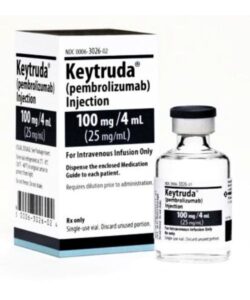

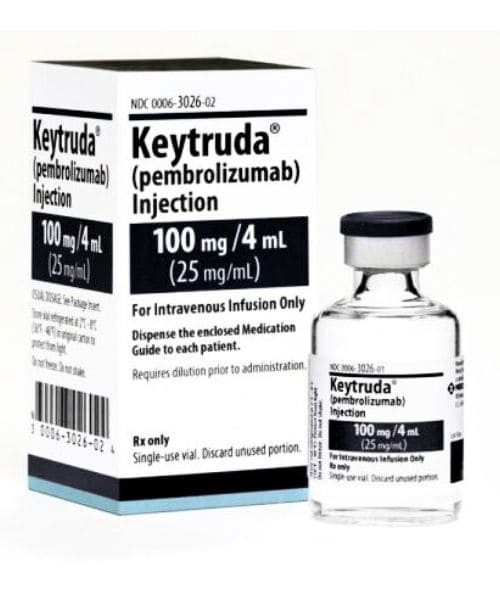
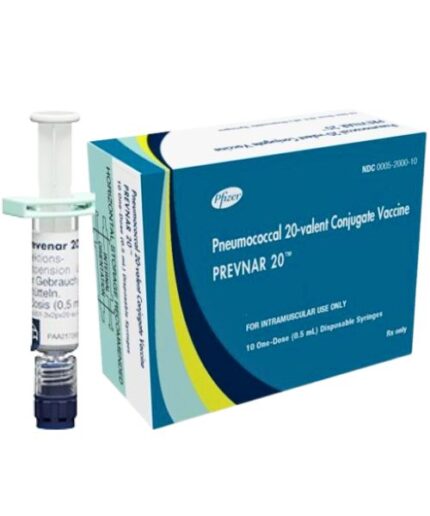
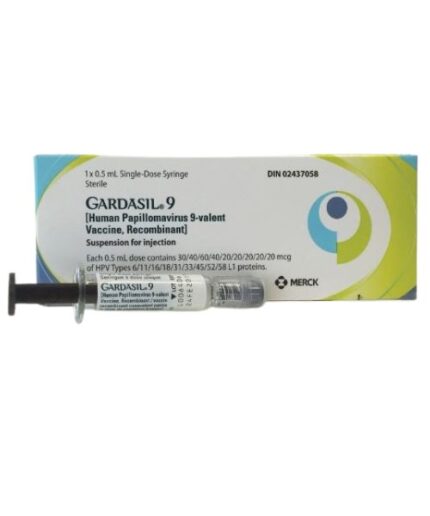
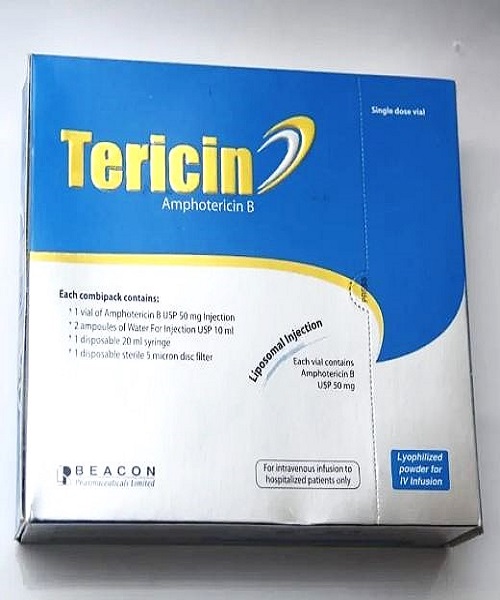
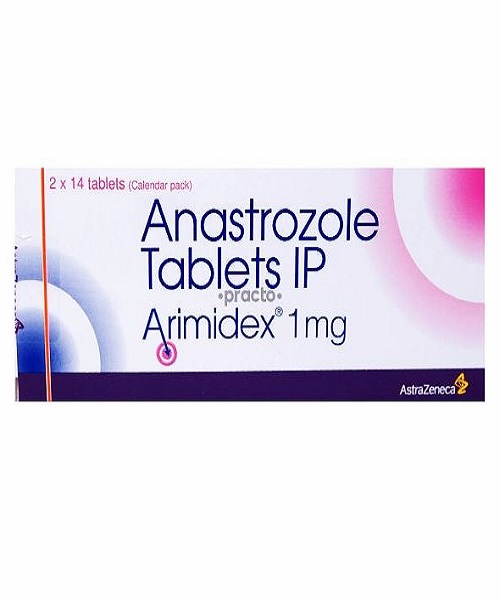
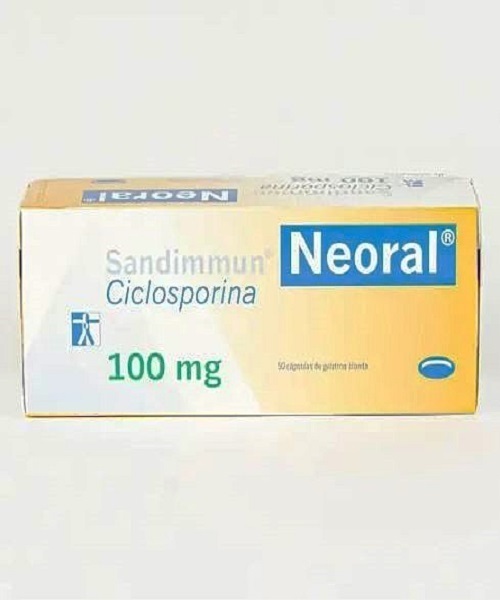
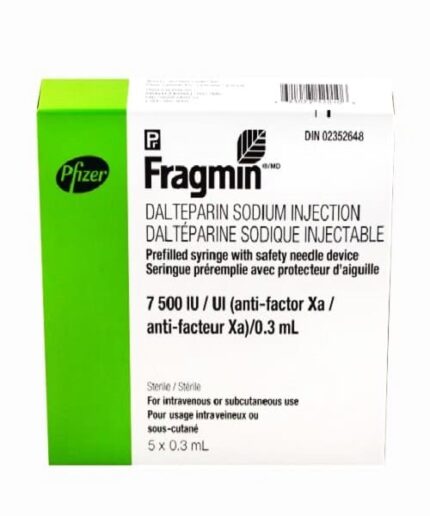
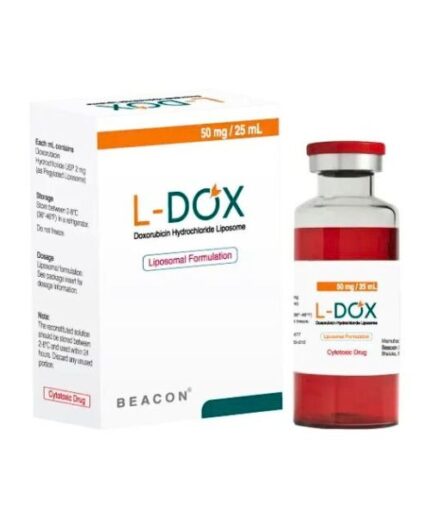

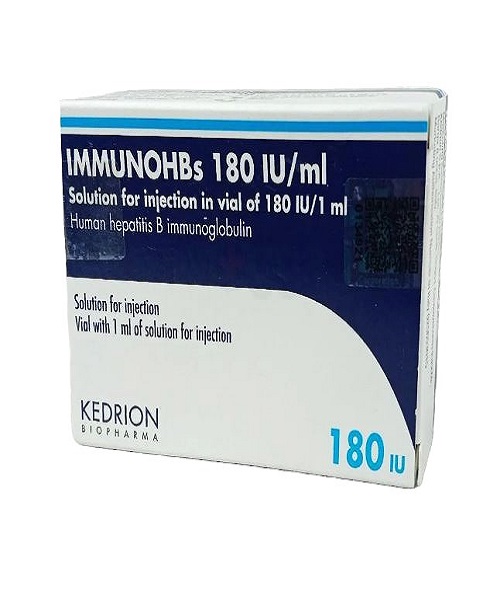
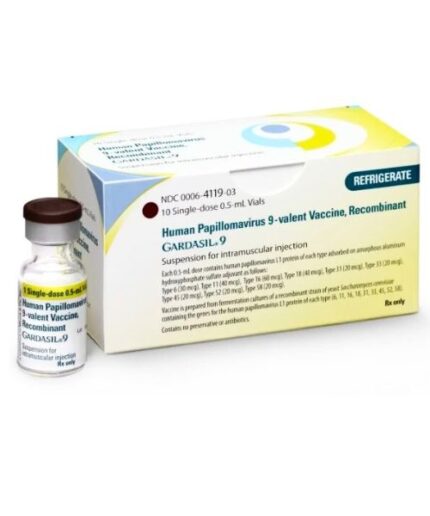
Reviews
There are no reviews yet.